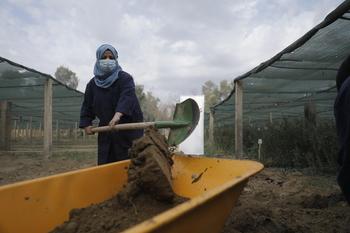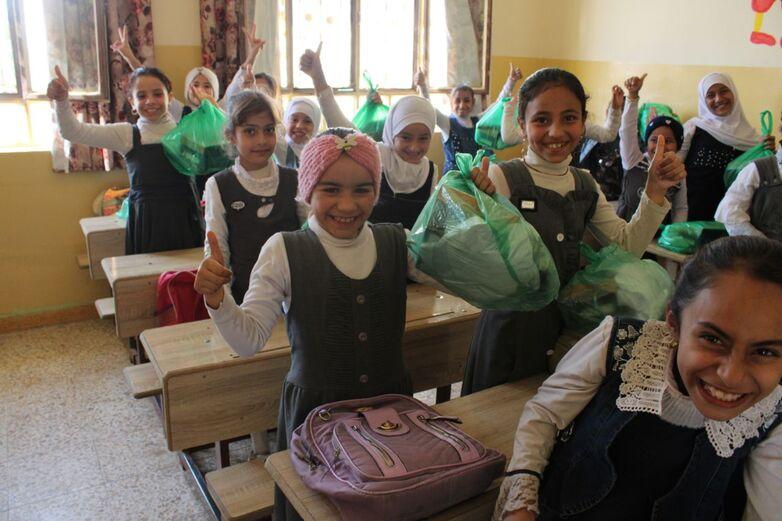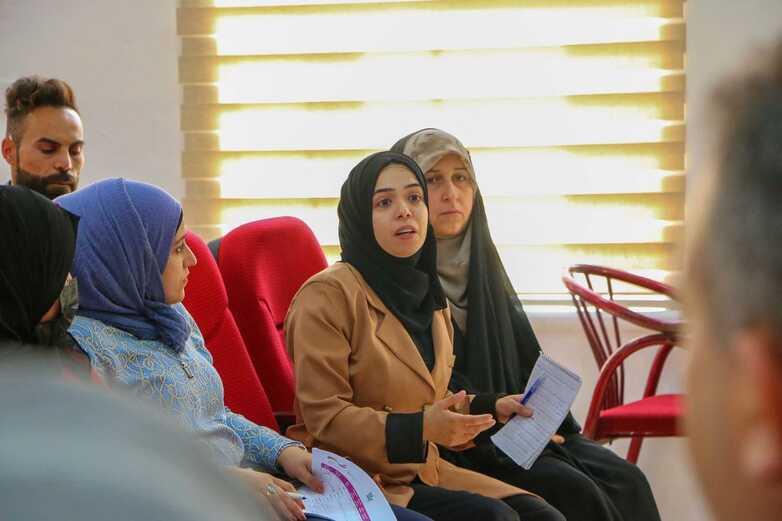Context
Years after liberation from the so-called Islamic State, Nineveh continues to struggle with the devastating consequences of the armed conflict. Many internally displaced people still cannot return to their homes. Tensions and mistrust between different ethno-religious population groups are high and trust in the state to provide security is low. There are limited income opportunities, especially for young people, and local administrations cannot provide sufficient social services. Large parts of the infrastructure are destroyed, resulting in limited access to public social services like schools or water systems. There are no strategic plans to rebuild the city, either locally or internationally, which causes barriers to returning home.
Objective
The population of Nineveh in Iraq has become more resilient towards crises and conflicts.



